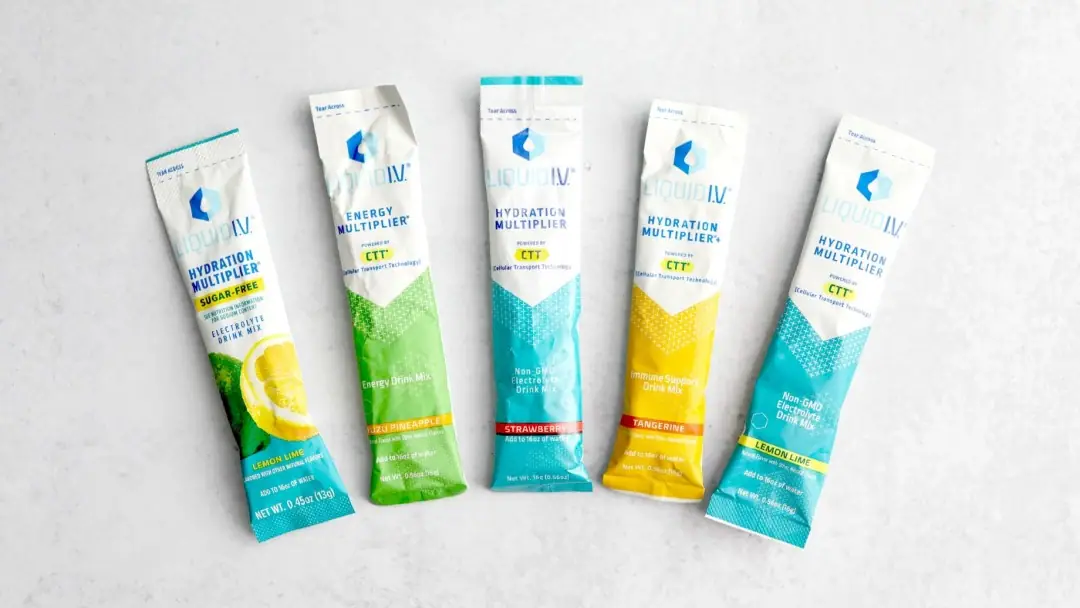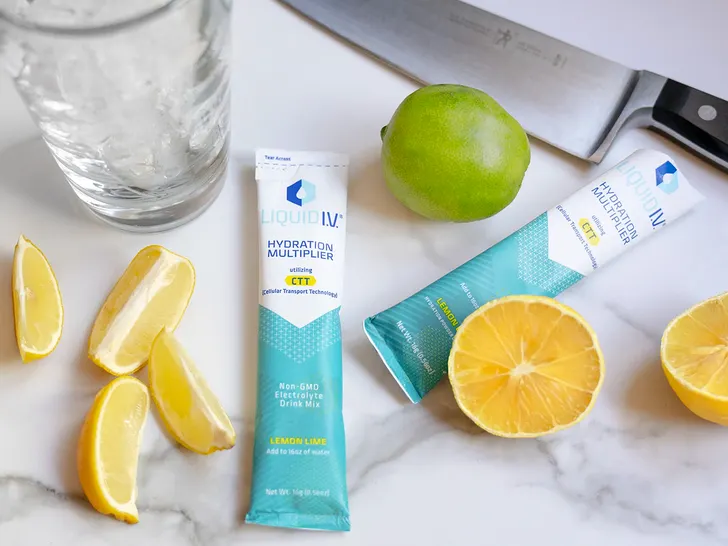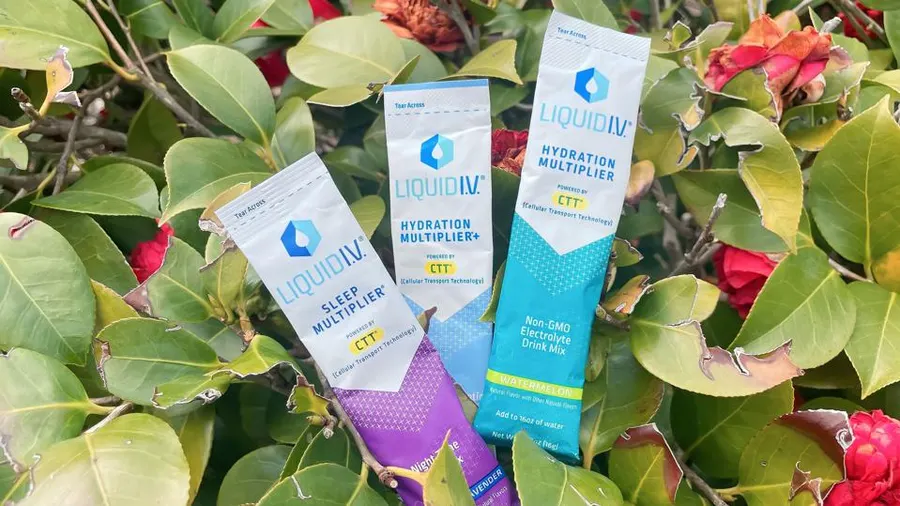If you’ve ever experienced diarrhea after consuming a hydration product like Liquid IV, you’re not alone. While these products are designed to replenish your body’s fluids and electrolytes, some people may have adverse reactions. In this article, we’ll delve into the potential reasons behind why Liquid IV might give you diarrhea and explore some common questions related to this issue.
Understanding Liquid IV
Before we get into the specifics of why Liquid IV may cause diarrhea, let’s first understand what Liquid IV is and its intended purpose. Liquid IV is a popular electrolyte drink mix that is marketed as a convenient way to stay hydrated. It’s designed to help people maintain proper hydration levels, especially in situations where they may be at risk of dehydration, such as during physical activity or when recovering from illness.

Why Liquid IV Can Cause Diarrhea
- High Sugar Content: One of the common reasons why Liquid IV may lead to diarrhea is its relatively high sugar content. While the sugar in Liquid IV can help enhance the taste and make it more appealing, excessive sugar consumption can result in gastrointestinal discomfort for some individuals. High sugar intake can lead to diarrhea by drawing water into the intestines and causing an osmotic effect, leading to loose stools.
- Artificial Sweeteners: Liquid IV may also contain artificial sweeteners like sucralose or steviol glycosides, which can be problematic for some people. These sweeteners can disrupt the natural balance of bacteria in the gut, potentially leading to gastrointestinal issues, including diarrhea.
- Sensitivity to Ingredients: Another possibility is that some individuals may be sensitive or allergic to specific ingredients in Liquid IV. These ingredients could include flavorings, preservatives, or other additives. Sensitivities can vary from person to person, so what causes a reaction in one individual may not affect another.
- Overconsumption: It’s important to follow the recommended dosage for any supplement or beverage, including Liquid IV. Overconsumption can overwhelm your digestive system and lead to gastrointestinal issues, including diarrhea. Make sure you’re using Liquid IV as directed on the packaging.
- Underlying Conditions: In some cases, pre-existing gastrointestinal conditions may play a role in how your body reacts to Liquid IV. Individuals with irritable bowel syndrome (IBS), inflammatory bowel disease (IBD), or other digestive disorders may be more prone to experiencing diarrhea when consuming certain products.
1. Can I prevent diarrhea from Liquid IV? To reduce the likelihood of experiencing diarrhea when consuming Liquid IV, consider diluting it with more water, or opt for their lower-sugar or unsweetened options if available. Also, be sure to follow the recommended dosage, and if you have known sensitivities to specific ingredients, check the product’s label.

2. Is diarrhea after consuming Liquid IV dangerous? In most cases, diarrhea caused by Liquid IV is not dangerous. It’s a temporary gastrointestinal reaction. However, if you experience severe or persistent diarrhea, or if you have a history of severe gastrointestinal issues, consult a healthcare professional.
3. Should I discontinue using Liquid IV if it gives me diarrhea? If you experience diarrhea after using Liquid IV, it may be worth trying a different hydration product or adjusting your consumption. Some individuals find that their bodies adapt over time, while others may continue to experience discomfort. Listen to your body and make choices that align with your well-being.
Conclusion
While Liquid IV is a popular hydration product that offers many benefits, including replenishing fluids and electrolytes, it may cause diarrhea in some individuals. This adverse reaction can be due to factors like high sugar content, artificial sweeteners, sensitivities to ingredients, overconsumption, or underlying gastrointestinal conditions. If you find that Liquid IV consistently leads to diarrhea, consider adjusting your consumption, exploring alternative hydration options, and consulting a healthcare professional if necessary. Remember that everyone’s body reacts differently, so what works for one person may not work for another. Prioritize your health and well-being when making choices about the products you consume.

